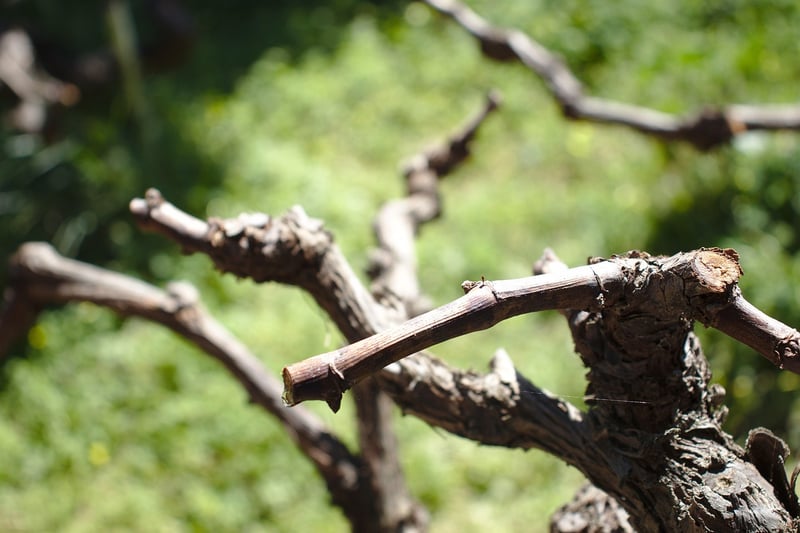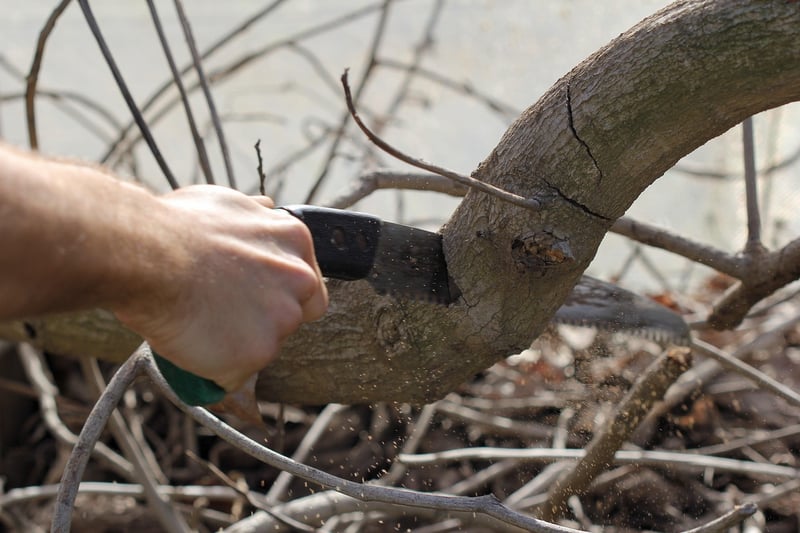Pruning techniques
Nurture Your Plants: Essential Pruning Techniques
Proper plant care involves more than just watering and sunlight. Pruning is a crucial aspect of plant maintenance that promotes growth, enhances aesthetics, and ensures overall plant health. Learn about essential pruning techniques to nurture your plants effectively.
Why Pruning is Important
Pruning is the process of selectively removing parts of a plant to shape it, control its size, and encourage healthy growth. By pruning your plants, you can:
- Promote air circulation
- Prevent disease and pest infestations
- Stimulate new growth
- Maintain plant shape and aesthetics
Essential Pruning Techniques
1. Deadheading
Removing spent flowers (deadheading) encourages the plant to produce more blooms and prevents seed formation, redirecting energy for new growth.
2. Pinching
Pinching involves removing the tips of young plant shoots to encourage branching and create a fuller, bushier plant.
3. Thinning
Thinning removes excess branches to improve air circulation and light penetration, reducing the risk of disease and promoting overall plant health.
4. Heading Back
Heading back entails cutting back a portion of a branch to promote new growth, often used to control plant size and shape.
When to Prune
The best time to prune your plants varies depending on the species. In general:
- Spring-flowering plants: Prune after flowering
- Summer-flowering plants: Prune in late winter or early spring
- Deciduous trees: Prune during the dormant season (late winter to early spring)
- Evergreen plants: Prune in late winter or early spring before new growth starts
Tools for Pruning
It's essential to use the right tools for pruning to ensure clean cuts and minimize damage to the plant. Common pruning tools include:
- Hand pruners
- Loppers
- Pruning saw
- Hedge shears
Conclusion
Pruning is a fundamental aspect of plant care that contributes to the overall health and appearance of your plants. By mastering essential pruning techniques and understanding the timing and tools required, you can nurture your plants and encourage lush growth and vibrant blooms.

Remember, each plant species may have specific pruning requirements, so always research the best practices for your particular plants. Happy pruning, and watch your plants thrive!
For more information on plant care and gardening tips, visit GardeningWebsite.com.
